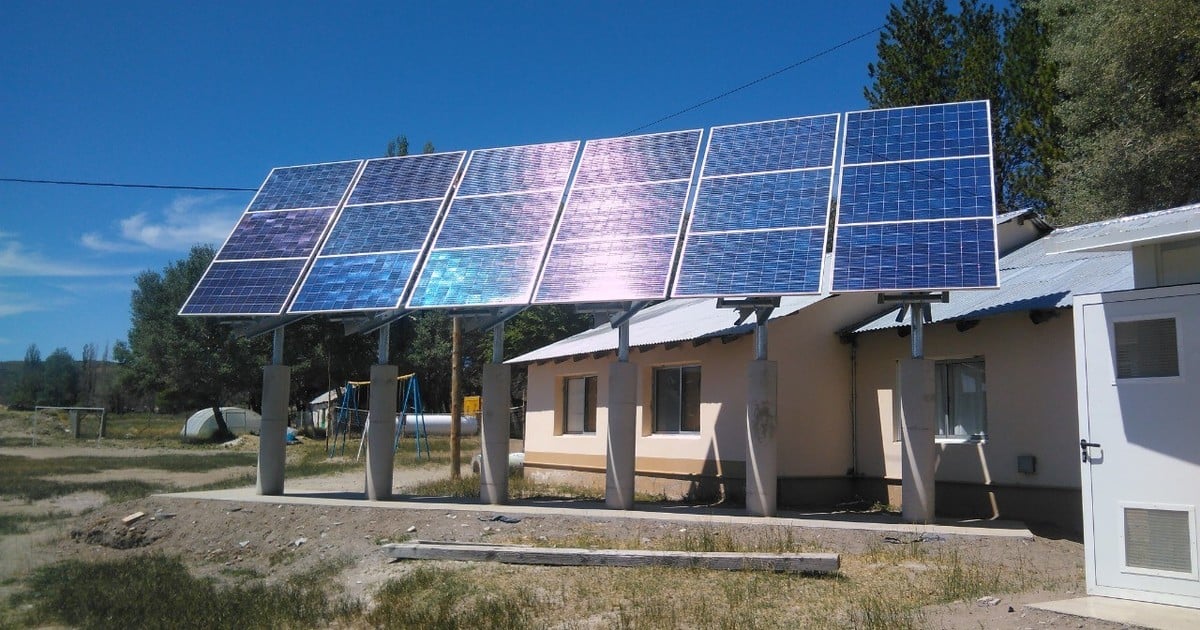The Province of Buenos Aires announced the launch of an innovative program: they will install solar water heaters in rural schools in the district.
The initiative aims to improve the study and work conditions in rural schools in Buenos Aires through the use of renewable energies.
The Minister of Environment of the Province, Daniela Vilar, and the Director General of Culture and Education, Alberto Sileoni, signed an agreement to conclude the first stage of the program called Access to Clean Energies.
## Solar water heaters in rural schools: what the program consists of
This program, launched alongside Governor Axel Kicillof, is part of a public policy aimed at “democratizing access to clean energies” in remote areas.
That is, without connection to the electrical grid while reducing Greenhouse Gas Emissions (GHG) resulting from energy generation and consumption.

As part of this program, solar panels have already been installed in rural schools and now the water heaters will be added.
“We detected that half of the rural schools have a deficit in access to hot water, so this year we will install solar water heaters. If they do not have access, they will become autonomous generators of a continuous source of light, energy, and hot water,” explained Vilar.
“The transition to renewable energies not only represents an environmental advance but also provides concrete solutions to essential needs, with more accessible costs,” highlighted the authorities.
“This technology allows us to move towards a more sustainable energy model and, at the same time, improve the quality of life of educational communities,” added Sileoni.
“Climate change is a reality, and it is our responsibility to reaffirm our commitment to public policies that promote energy transition,” concluded.
## Distributed generation in Argentina: power increased by more than 90% in 2024
Regarding renewables and, specifically, generation from the home itself, Argentina is advancing.
Distributed generation in the country is progressing, and according to the Report on the Progress of the National Law on Distributed Generation 27,424, prepared by the Ministry of Energy, the installed capacity in the sector increased from 30,689 MW in 2023 to 58,996 MW in 2024.
This increase represents a 44% growth in the number of Generation Units (UG) and a 92% increase in the installed capacity compared to 2023.

Last year was crucial. According to the report information, during 2024, the largest contribution of installed power was added, 28,307 kW, representing 48% of the total installed power.
In absolute terms, there are 18 provincial jurisdictions adhering to the Distributed Generation Regime. Additionally, there are 330 distributors and cooperatives registered on the platform, totaling 2,290 UG.

